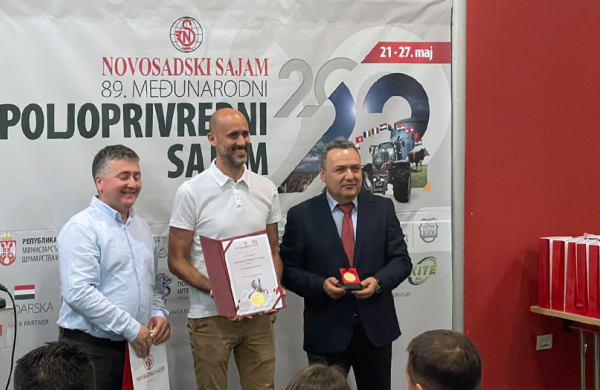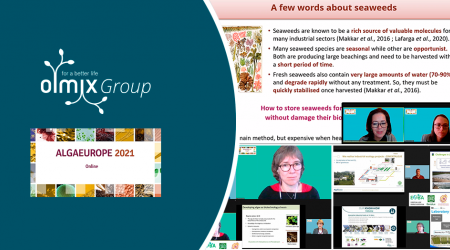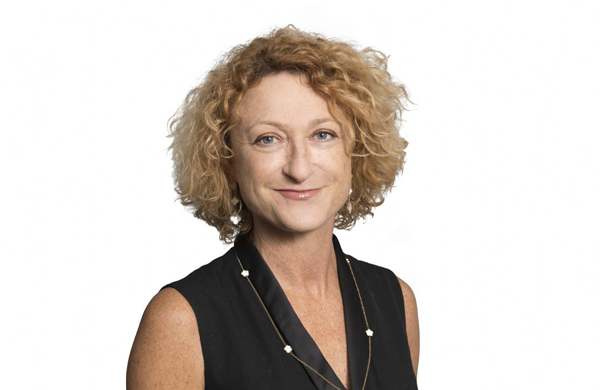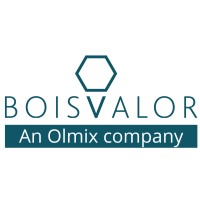Olmix Group’s Scientific Director, Dr. Pi Nyvall, chaired the technical webinar hosted by the European Algae Biomass Association, which put the focus on the relevance of seaweed cultivation and the link between science, technology and business
In response to the current coronavirus epidemy, the entire series of workshops on different applications of algae planned by EABA for 2020 have been transformed into webinars. The first meeting was succesfully held last Wednesday, 22nd April. This very first webinar on “Seaweed Valorization: from production to application”, brought together some of the main stakeholders for knowledge exchange and collaboration on the matter.
Dr Pi Nyvall, Olmix Group’s Scientific Director, who was chosen to chair the event and give the introductory presentation, has some thoughts on such a fruitful discussion:
What are your thoughts on the current situation of the seaweed industry?
Globally, seaweed production from cultivation have been in continous growth, increasing from 10Mt anual production in the year 2000 to 30Mt in 2016. The main growth has occured in Asian countries, China and Indonesia alone representing over 75% of production volumes. However, in Europe, where production is mainly dependent on wild harvest, volumes have remained constant. There is however a new and increasing interest in seaweed from consumers, the market and the European commission and a large number of novel seaweed cultivation companies are created in all coastal countries.
What about the future of the industry?
Seaweed are well placed in todays development towards a more sustainable and circular economy. They can participate in reducing environmental impact of fish farms, limiting local eutrophication effects.
They can also participate to reduce the impact of climate change due to their capacity to reduce the effects of heat stress and dessication on plants and they also have a role to play in improving animal health and well being.
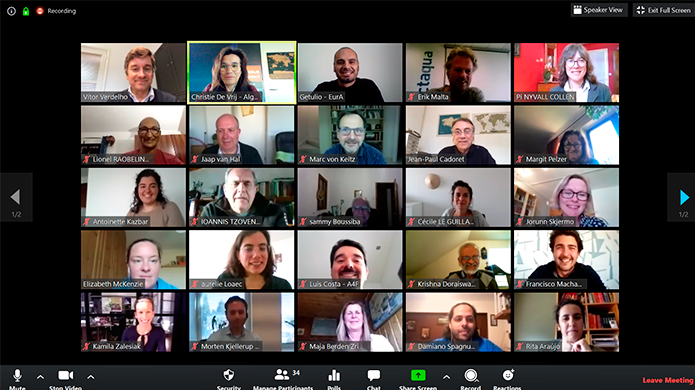
All speakers from the Webinar on Seaweed Valorization.
What aspects were highlighted throughout the seminar?
The seminar touched on all aspects of seaweed valorisation, from production via processing to markets and regulation and quality aspects. As is the case world wide European cultivation is mainly driven by the food market and there is a need for diversification to allow upscaling which would allow seaweed to be able top lay a real role in climate and CO2 mittigation.
What are the take-home messages of the event?
Close collaboration between companies, research and regulatory instances is needed to develop the sector, allowing small mistakes to happen and avoiding making large ones. This collaboration is facilitated by instances such as EABA, the European Algae Biomass Association which federates more than 150 members and aims at fostering synergies among scientists, industrialists and decision makers in Europe and beyond.
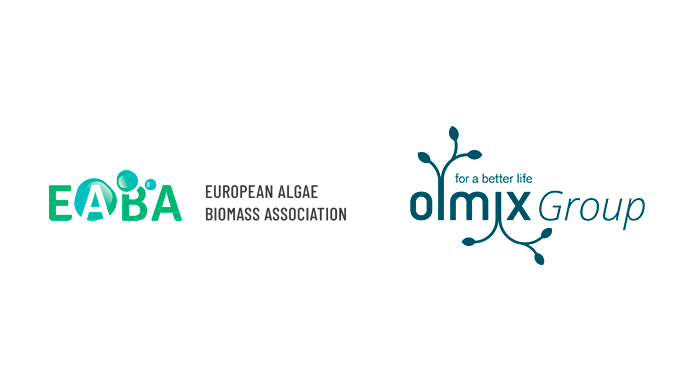
What conclusions would you point out?
In conclusion, continous information regarding the beneficial effects of seaweed for plants animals and humans is needed to increase the market and support and stimulate the development of European seaweed cultivation for further growth and diversification of the seaweed sector
What are the latest updates from Olmix Group concerning research on algae?
The global partnership for joint research on the valorization of marine algae in Animal and Plant nutrition and health, recently signed between Olmix and INRAE is an important step. It will allow us to validate the effects of our existing products on animals and crops, to better understand their impact and investigate novel fields of applications. For example, the contribution of algal biomass on plant resilience and soil fertility, in a context of chemical fertilizers decrease and climatic change. It is also gives the opportunity to identify novel seaweed active ingredients and their mode of action on plant nutrition and health, and to further explore the biological activities of algal MSP® on animals. The joint aim of olmix and INRAE is to accompany the ecological transition of agricultura using seaweed.
Olmix also participate in the Dutch research program Proseaweed with Wageningen University. This program concerns the entire seaweed valuechain with aspects on production, extraction and investigate application in livestock as well as crops. One part of the program looks at the impact of MSP® on Fish immunity in the models carp, tilapia and trout. Immunity continue to be one of our main areas of research in all species.
The aim of our research is to provide efficient and validated products to our customers.
